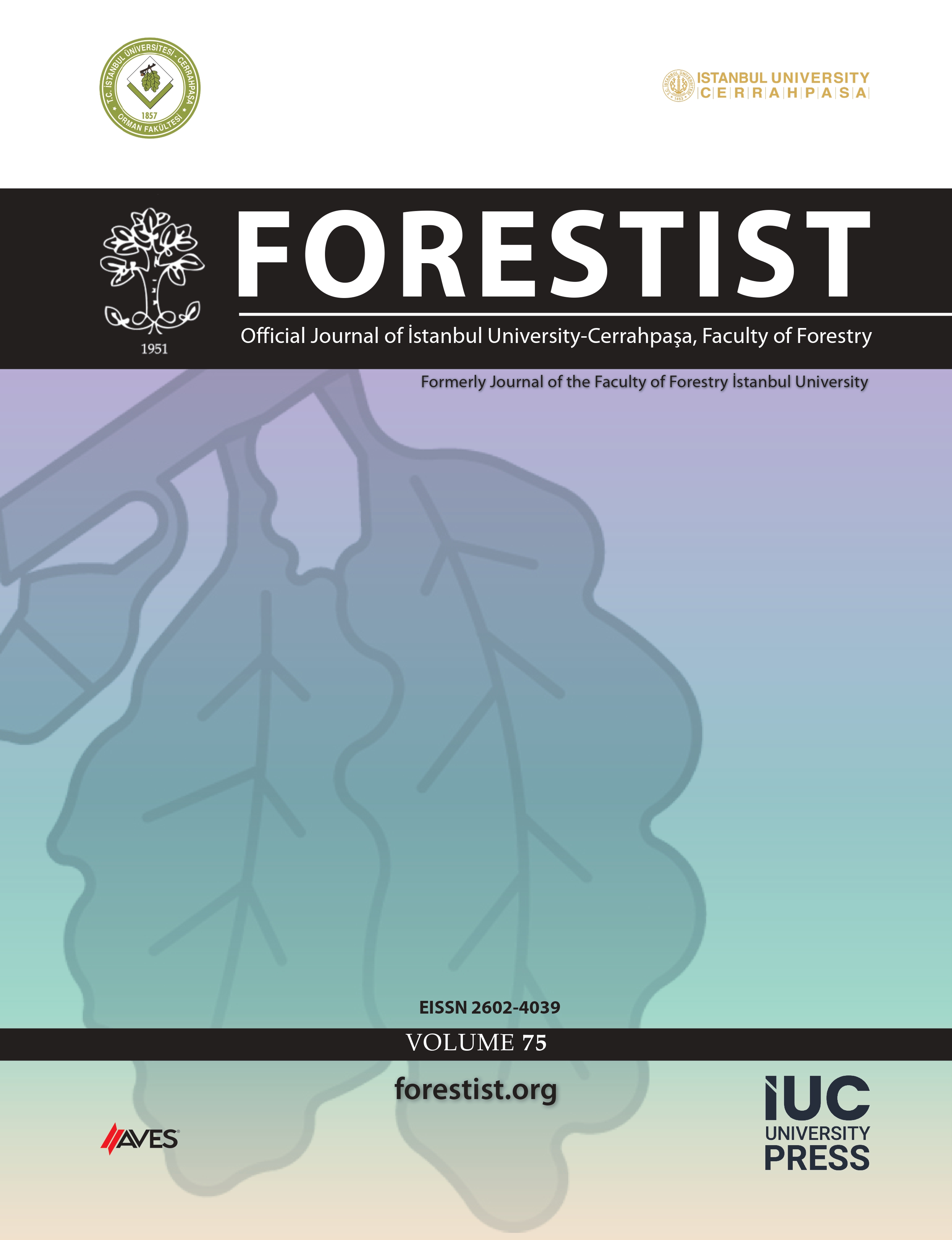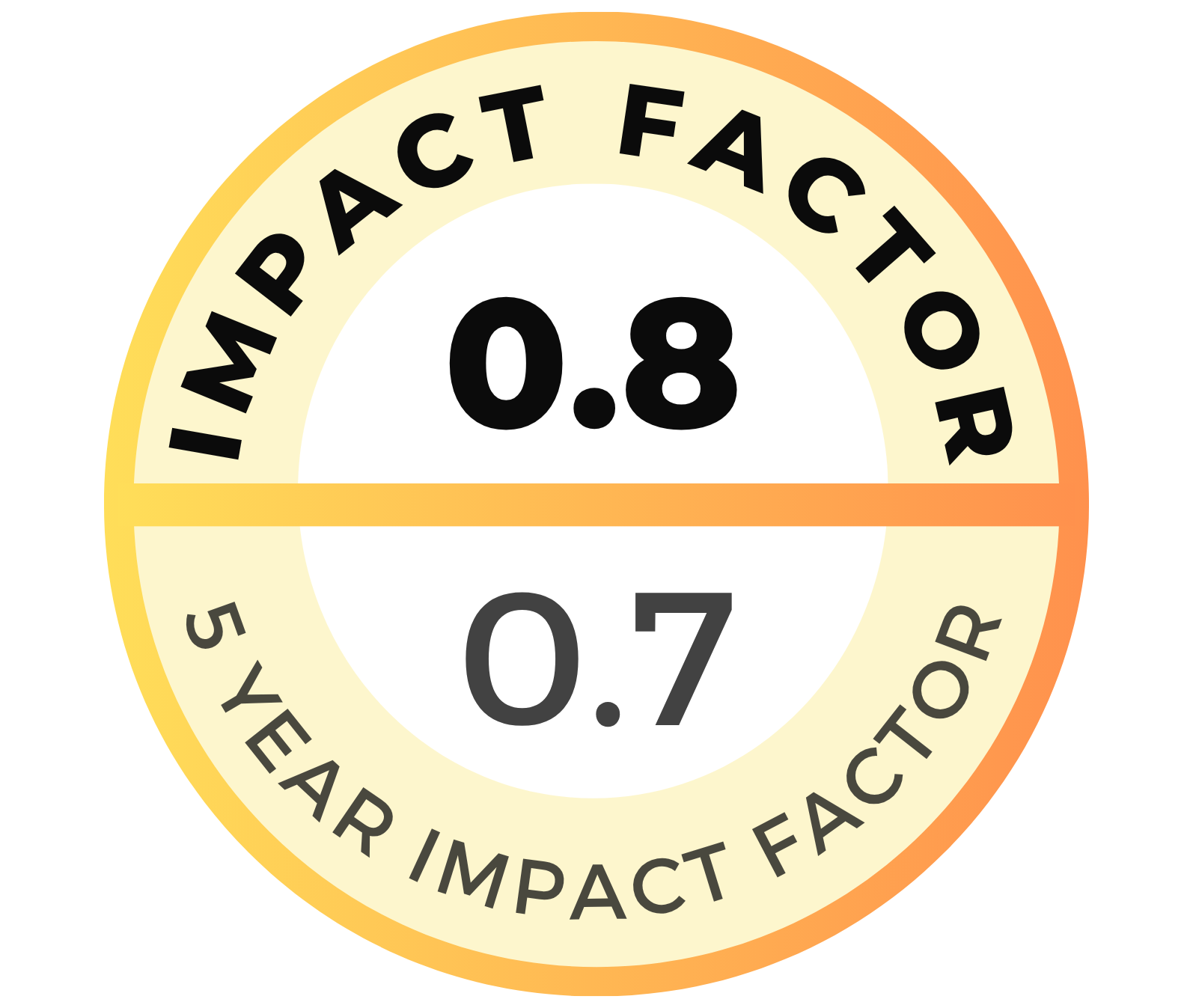The adverse effects of metropolis life have caused physical, mental, and spiritual wear on people. Recreational activities have become necessary to eliminate these wears or reduce their impact, mainly in natural areas. This study aimed to reveal the demands and expectations of people in Istanbul, a population of 15 million and one of the few metropolises globally from recreation areas. Within this study, 404 subjects were interviewed, and a survey study was carried out according to the random sampling method. The data were evaluated with various statistical techniques. Nature-based sports, botanical gardens, multi-purpose sports areas, and nature education activities have been determined to be the most desired functions in recreation areas in Istanbul. In terms of nature-based sports activities, it can be said that walking, cycling, and camping activities are the most preferred activities. The natural environment is the most crucial resource in meeting recreational needs. Also, unique personal features, characteristics of recreational areas, social value judgments, the population density of cities, and the amount of green space per person, etc., significantly affect recreational demands and expectations. Both were increasing the quality of existing recreation areas. The ability to carry out recreational activities that cannot be done due to the lack of space by improving the quality of current recreation areas and opening and evaluating potential recreation areas will ensure that the city people's recreational expectations and demands are met.
Cite this article as: Köse, M., Gürbey, A. P., Makineci, E., Kart Aktaş, N., Akburak, S., Özdemir, E., & Kul, A. A. (2023). Expectations of the people living in metropolises from recreation areas: case study—istanbul. Forestist, 73(2), 145-153.




.png)
